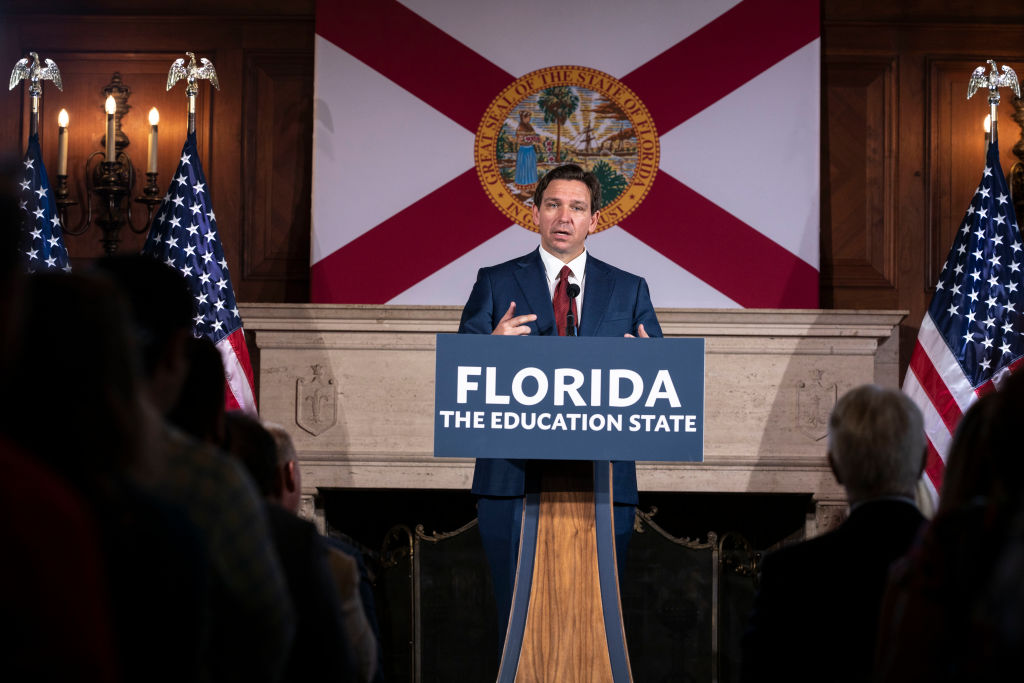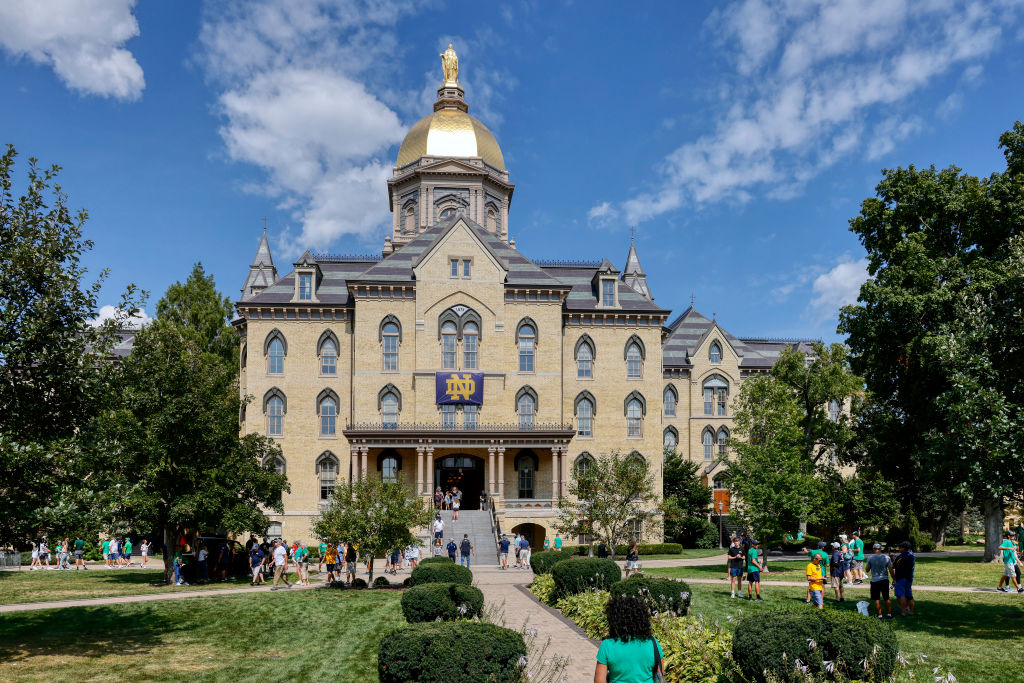Parents must do everything they can to stop CRT.
Busting Anti-School Choice Myths

Arguments against school choice miss the mark.
The battle for school choice in Texas has entered a pivotal stage. Last week, Senate Bill 8, which establishes education savings accounts, cleared the Committee on Education and awaits a floor vote. Teachers’ unions and education bureaucrats wailed predictably, terrified that empowered parents will upturn the government-school monopoly.
The case for school choice is strong. Milton Friedman, Nobel laureate and perhaps the most influential economist of the 20th century, first made it in the fifties. It took a while for the momentum to build, but eventually pilot programs became the source of important data about how school choice works. The results are in, and they show unambiguously that school choice helps students, taxpayers, and even existing government schools.
Opponents of school choice repeat a handful of superficially appealing but flawed arguments. Here are a few of the most common:
Education is a public good and must be provided by the government. In economics, “public good” is a technical term for things we consume that are non-rivalrous (me consuming more leaves no less for you) and nonexcludable (it’s difficult to prevent non-payers from consuming the good once it’s available). National defense is the classic example of a public good. The armed forces don’t have a harder time protecting the homeland when more babies are born, and at the same time, it’s infeasible to exclude any particular individual who didn’t pay his taxes from protection.
It’s clear that education does not fit the definition of a public good. First, the ubiquity of private schools shows that markets have no problem supplying education. Second, it fails the rivalry-excludability test. At some point, education materials—teacher time, textbooks, classroom space—become scarce. And it’s very easy to exclude non-payers: public school districts routinely refuse to admit non-residents in order to prevent free-riding. Notably, neither private nor public colleges have any trouble ensuring only enrolled students occupy seats in a lecture hall or participate in labs. Why would it be any harder for K-12?
The argument for public education, properly understood, has nothing to do with its status as a public good. The Texas Constitution makes clear the purpose of government support is ensuring a “general diffusion of knowledge,” which means making quality education accessible to everyone. The purpose is public, but the best institutions to achieve that purpose may be private.
Nobody is looking to shut down Texas’s public schools; opponents of vouchers and education savings accounts who assert otherwise are being disingenuous. Nevertheless, it is indisputable that for some students, the best institution is a private school rather than a public school. Texans should have the freedom to pick the educational option that matches their needs and values.
School choice unjustly diverts public funds to private institutions. If you think so, better kiss Pell Grants and the G.I. Bill goodbye. These programs also make public funds available for use at private institutions. What matters is whether those institutions are serving a public purpose, not whether their employees are directly on Uncle Sam’s payroll.
Besides, many government programs, from food stamps to defense contracting permit public dollars to flow to private interests. These programs may have problems, but it’s absurd to suggest they’d work better if you could only use your EBT card at government-owned grocery stores or if we required the army to build its own tanks from start to finish.
K-12 education isn’t an exception to the logic of the make-vs.-buy decision. Private institutions can and do serve the public interest. We shouldn’t discriminate against them by giving government schools a captive customer base.
School choice will destroy rural school districts. Rural districts are almost always low-population districts. If even a few students withdraw, so the argument goes, funding for rural schools could dry up. These districts are also often the largest employer in the region. It’s understandable that rural citizens would be concerned.
Thankfully, they have nothing to worry about. Small, rural districts won’t support a robust market of private educational options, because there aren’t enough students to justify opening several private schools, if any. Parents could still use education savings accounts funds to explore homeschooling or microschooling, but these are niche options that won’t fit the needs of most families. It’s a shame that farm kids won’t have as many options as city kids, but school choice will not cause a mass exodus from rural school systems.
But the kids who need the most help are struggling students in failed urban schools. For them, school choice could very well be transformational. For rural districts, life will continue largely as it has before. And since many rural parents are happy with their schools, all well and good. School choice won’t impose a one-size-fits-all model on Texans. Instead, it buttresses several education models so that students can find the one that works best for them. Unlike health insurance, if you like your government school, you can keep it.
Some arguments against school choice are well intended yet mistaken. Others are made in bad faith to protect political privileges. It’s important to call out malign actors but only against the backdrop of reliable information. The studies demonstrating school choice’s efficacy give us strong reasons to support it. Conjoined with anti-choice myth busting, we have a powerful one-two punch that leaves government-school monopolists reeling.
To the members of the Texas House and Senate: It’s time to get this done. Your constituents are counting on you. Make school choice a reality by the end of this legislative session!
The American Mind presents a range of perspectives. Views are writers’ own and do not necessarily represent those of The Claremont Institute.
The American Mind is a publication of the Claremont Institute, a non-profit 501(c)(3) organization, dedicated to restoring the principles of the American Founding to their rightful, preeminent authority in our national life. Interested in supporting our work? Gifts to the Claremont Institute are tax-deductible.
Zombie public schools, drained of pandemic lifeblood, haunt the land.
The Sunshine State’s education reforms are a model for the nation.
Single-sex schools could help boys' classroom struggles.
The fight for Catholic schools and the future of American institutions.
A free society depends on a free and open exchange of ideas.






